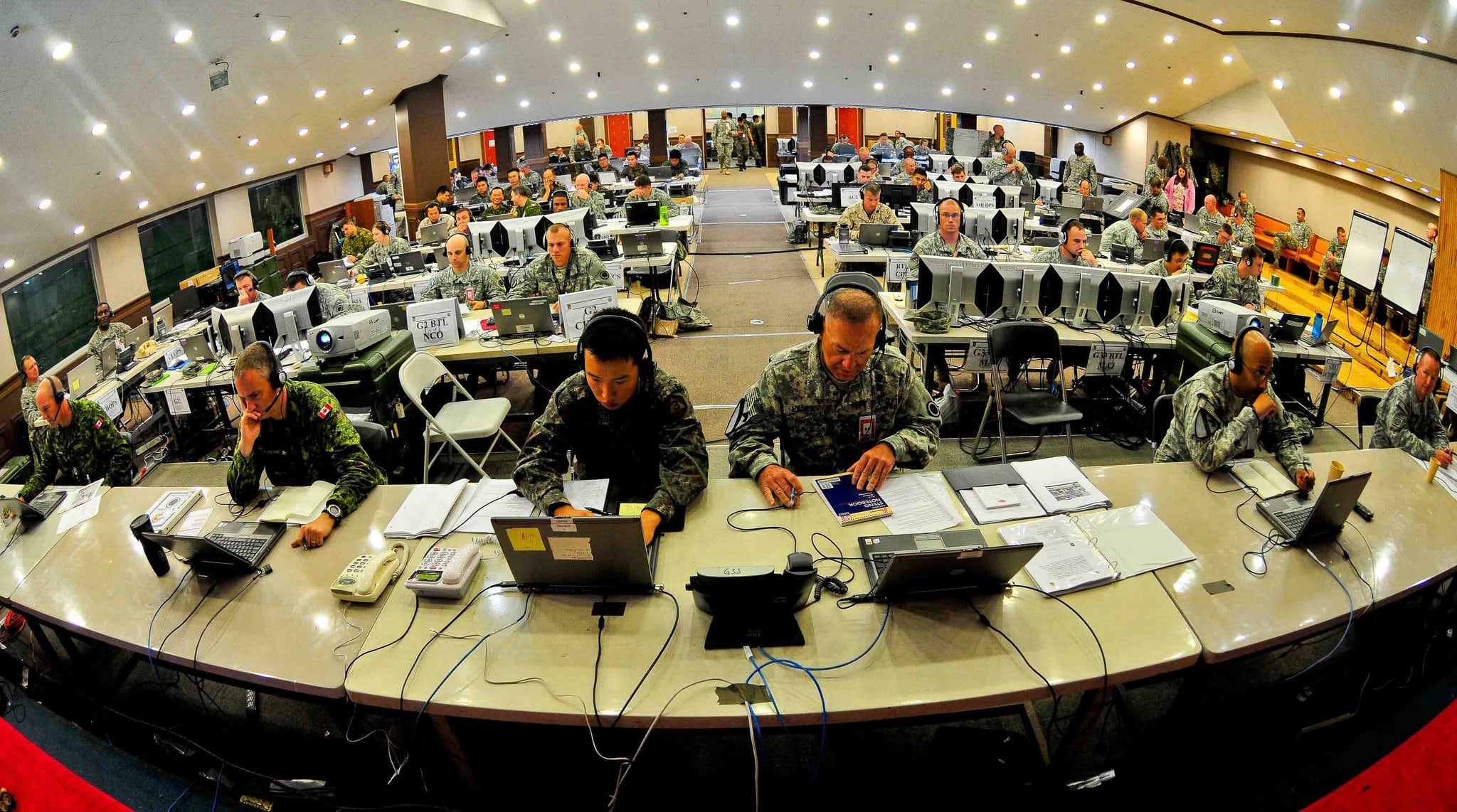SEOUL — South Korea says it has developed lithium-ion batteries that can double the operational hours of submarines compared to those with lead-acid batteries.
The lithium-ion batteries were created for the country’s next-generation attack submarines, expected to launch in the mid-2020s, according to the Defense Acquisition Program Administration, or DAPA.
Following 30 months of development, the batteries passed a technology readiness assessment, a step toward integration on a weapons platform, the agency said in a news release.
“Development of lithium-ion batteries for submarines is a great achievement in the global submarine market,” said Rear Adm. Jung Il-shik of the DAPA’s next-generation submarine project group. “We expect this successful development of lithium-ion batteries to raise South Korea’s reputation as a submarine maker, as well as to have a great ripple effect through the commercial sectors.”
Samsung SDI, the world’s largest supplier of lithium-ion batteries, including ones for cellphones, manufactured the battery module to be mounted on the second batch of three KSS-III submarines. Hanwha Land Systems is responsible for integrating the modules and other parts on the submarine, which is built by Daewoo Shipbuilding & Marine Engineering.
The first of the three locally designed KSS-III Batch I diesel-electric submarines was launched in September, and two more hulls are expected to be under construction until 2024. According to the DAPA, the KSS-III class is 83.5 meters long and has a beam of 9.6 meters. It has a displacement of 3,358 tons when surfaced, and 3,705 tons when submerged.
The boat is known to be equipped with six vertical launch system tubes and able to accommodate a locally developed cruise missile. It can sail at a maximum speed of 20 knots with a cruising range of 10,000 nautical meters, DAPA officials said.
With a slight redesign and some system upgrades, the Batch II subs are expected to have improved capabilities in attacking strategic land-based targets and performing anti-submarine warfare, the officials said.
RELATED

The Korean developers prioritized the safety and reliability of the lithium-ion batteries, which were once considered expensive and too unstable for submarines, another DAPA source with the submarine project group told Defense News.
“It’s no doubt that South Korean companies have the world’s best technology of lithium-ion batteries, but if an accident happened like an explosion, such technology is to be meaningless,” the source said, speaking on condition of anonymity due to the secrecy of the development project. “So we’re really focused on safety and reliability rather than performances. We even lowered the level of performances to an extent on purpose to ensure higher and better safety standards.”
To that end, the new batteries have undergone tests simulating harsh conditions, such as an explosion, seawater, fire and extreme temperatures, he noted.
“The Korean lithium-ion batteries still would be better than those of competitors,” he asserted, referring to Japan’s recent integration of lithium-ion batteries into its Soryu-class diesel-electric attack submarine.
The 84-meter-long boat for the Japan Maritime Self-Defense Force was launched Oct. 4, with an operational data set for 2020. GS Yuasa, a Kyoto-based battery manufacturer, developed the lithium-ion batteries for the Soryu-class sub.
Email: jeff@defensenews.com
Jeff Jeong was the South Korea correspondent for Defense News.








